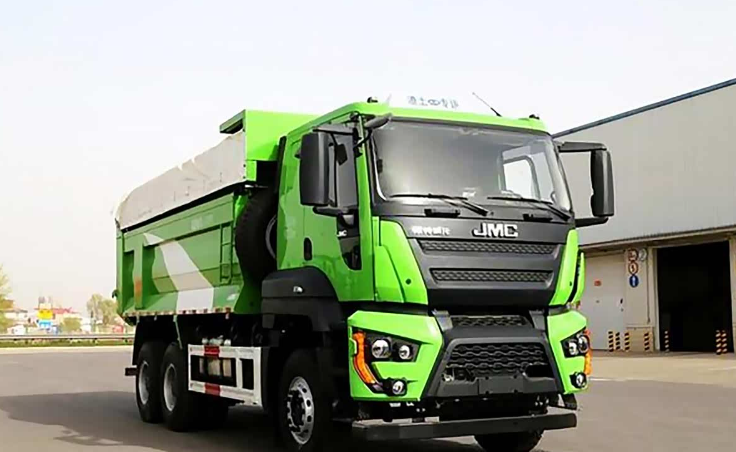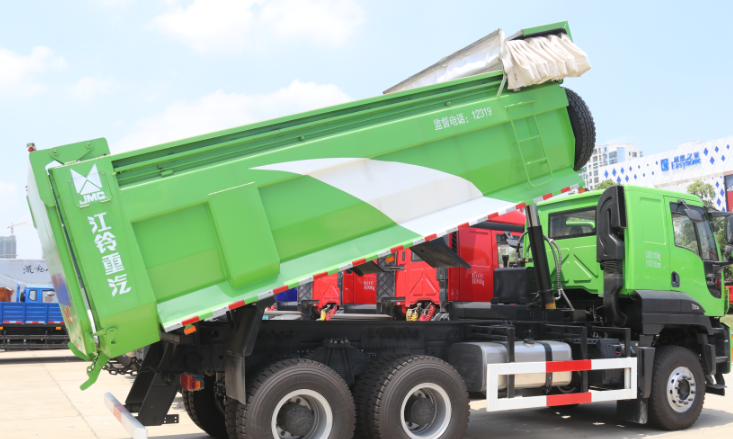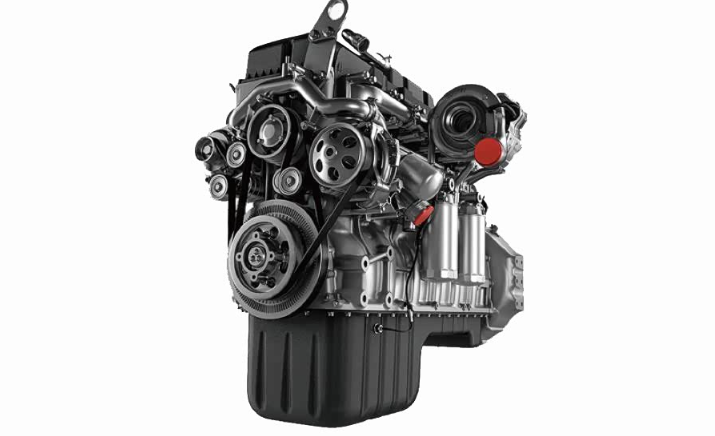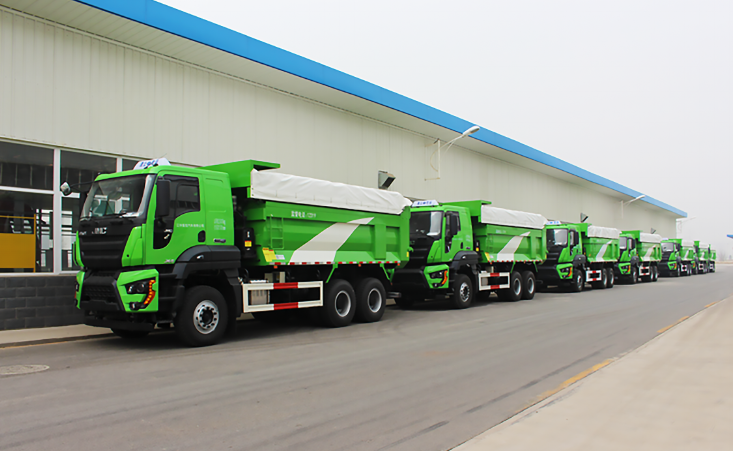How to Maintain and Service a Tipper Truck: A Detailed Breakdown of Key Points
A tipper truck, a specialized vehicle designed for self-unloading cargo, may encounter various operational issues during its use. The ability to promptly diagnose and address these faults is crucial. Timely repairs not only enhance work efficiency for drivers but also help avoid significant overhaul costs and extend the vehicle's service life. Maintenance and servicing are closely linked for tipper trucks; identifying early signs of component wear allows for proactive repairs, and servicing intervals present opportunities to maintain parts that are still in good condition. Effectively managing this relationship is essential in daily operations.

1. Maintenance of the Hydraulic System
The defining feature of a tipper truck is its hydraulic system, which enables the lifting of the cargo body. Any issues with this system should be resolved quickly to prevent further complications. For instance, difficulty in raising the truck body could stem from several causes:

-
Insufficient hydraulic fluid in the tank
-
Clogged tank filter or severely blocked pipelines
-
Malfunctioning oil pump failing to supply fluid
-
Blocked lift control switch
-
Leaks in the high-pressure oil pump
-
Insufficient air pressure in the reservoir
-
Malfunctioning power take-off (PTO) or oil pump gear
-
Contaminated hydraulic oil causing the control valve to stick
This list highlights that a seemingly simple problem can have numerous potential causes. Therefore, paying close attention to the vehicle's performance is critical. Identifying problems early to minimize damage is very important. If such an issue arises, drivers can initially check accessible items like fluid levels, tank cleanliness, and the lift switch. If the problem persists after these basic checks, the vehicle should be promptly taken to a professional service center to avoid operational delays or minor issues escalating into major repairs.

To prevent hydraulic system problems, drivers can adopt the following routine practices:
-
Before each trip, check the hydraulic fluid level and ensure it is adequate.
-
Inspect the manual control valve and air lines for any leaks.
-
Check the hydraulic lines for signs of seepage or leakage.
-
Perform a lift-and-lower test under no-load conditions to verify the proper operation of components like the hydraulic cylinders, gear pump, and control valve. Listen for any unusual noises, and check for signs of sticking, jerking, or bouncing during the operation.
2. Engine Maintenance
The engine is another core component of the tipper truck. Generally, it is recommended to clean and service the engine every 5,000 km. This involves removing sludge and other deposits from the engine interior. This process helps prevent the oil from oxidizing and thickening under high temperatures, reduces component wear, extends engine life, and maintains optimal power output.

Additionally, the fuel system should be cleaned every 10,000 km. This service involves cleaning carbon deposits from injectors and intake valves to prevent corrosion and avoid leaks from seals and the radiator. The cooling system is typically serviced seasonally, approximately every six months, coinciding with the transition between winter and summer. This involves completely replacing the coolant, flushing the system to remove scale, and preventing corrosion and leaks. The transmission also requires maintenance, usually around every 20,000 km. This service clears harmful sludge and varnish deposits, helping to restore the elasticity of seals and O-rings. The primary goals are to prevent transmission slippage, overheating, and sluggish gear shifting, thereby ensuring smooth power delivery and gear changes.

Conclusion
In daily use, the principle of "prioritizing maintenance to reduce repairs" should always be remembered. It is also essential to operate the vehicle strictly according to the safety操作规程 (standard operating procedures) for tipper trucks to prevent faults caused by improper operation. Proper use, regular maintenance, and timely servicing enhance the truck's reliability and safety, which is fundamentally important for driver safety. Furthermore, these practices extend the vehicle's operational life and improve its overall economic efficiency. Have you noted the key points for maintaining and servicing your tipper truck as discussed above?
